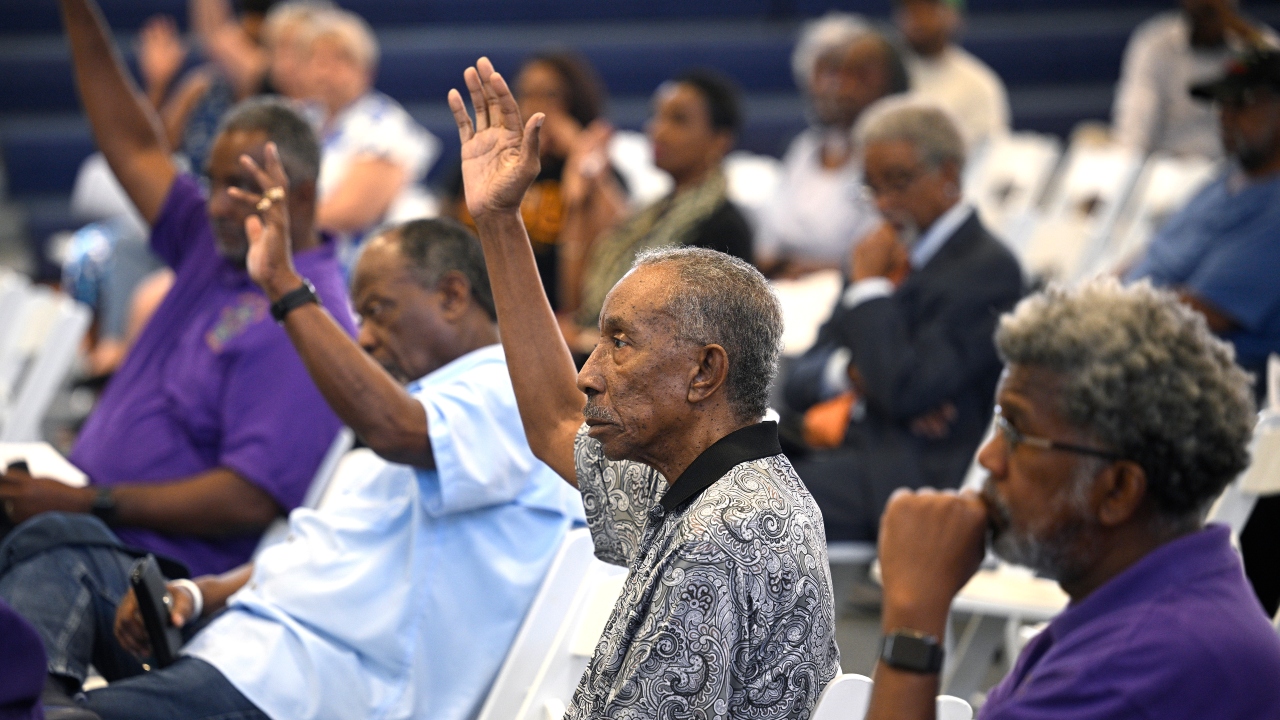WASHINGTON (AP) — During the presidential election four years ago, the Equal Ground Education Fund hired over 100 people to go door-to-door and attend festivals, college homecomings and other events to help register voters across Florida. Their efforts for this year’s elections look much different.
A state law passed last year forced them to stop in-person voter registration, cut staff and led to a significant drop in funding. Organizers aren’t sure how robust their operations will be in the fall.
Genesis Robinson, the group’s interim executive director, said the law has had a “tremendous impact” on its ability to host events and get into communities to engage directly with potential voters.
“Prior to all of these changes, we were able to operate in a space where we were taking action and prepare our communities and make sure they were registered to vote — and help if they weren’t,” he said.
Florida is one of several states, including Kansas, Missouri and Texas, where Republicans have enacted voting restrictions since 2021 that created or enhanced criminal penalties and fines for those who assist voters. The laws have forced some voter outreach groups to cease operations, while others have greatly altered or reduced their activities.
The Florida law, signed by Republican Gov. Ron DeSantis last May, imposed a $50,000 fine on third-party voter registration organizations if the staff or volunteers who handle or collect the forms have been convicted of a felony or are not U.S. citizens. It also raised the fines the groups could face, from $1,000 to $250,000, and reduced the amount of time they are able to return registration applications from 14 days to 10 days.
A federal judge blocked portions of the law earlier this month, including the one targeting felons and those who are not citizens. Even so, the law had a direct effect on the operations of Equal Ground and other voter advocacy organizations in the state…
Read the full article here



